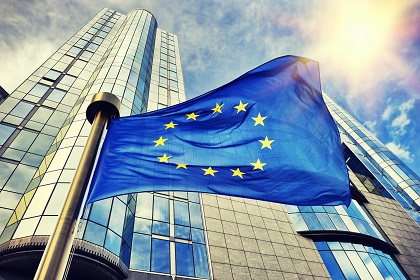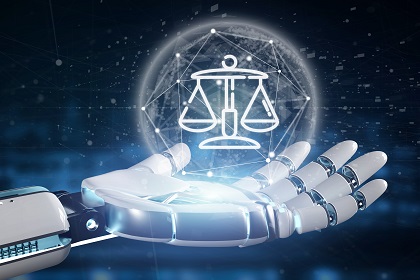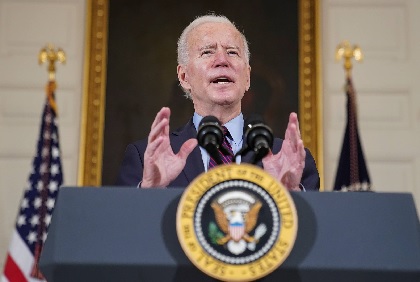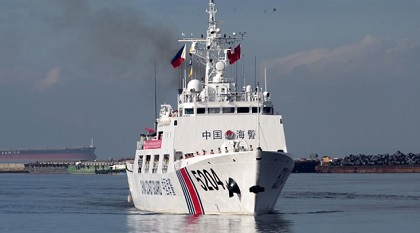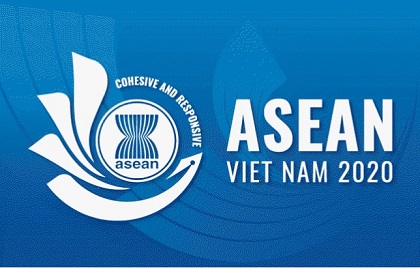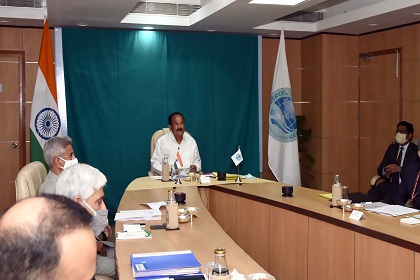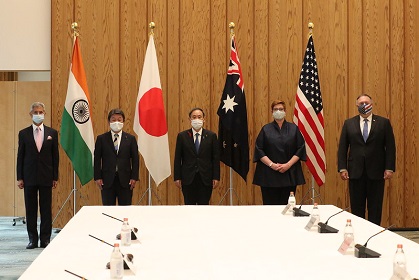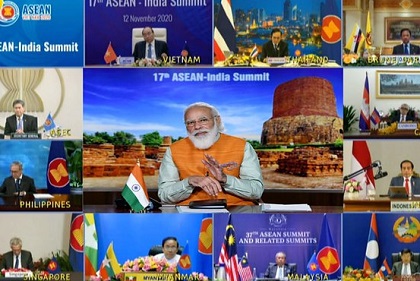Finally, an EU Indo-Pacific strategy
The EU’s Indo-Pacific strategy comes better late than never. But it has to step gingerly. It cannot antagonize China, wants to build on the legacy of its members’ colonial past, give the region the infrastructure it needs, and make the trade agreements that it wants. Is it achievable?

